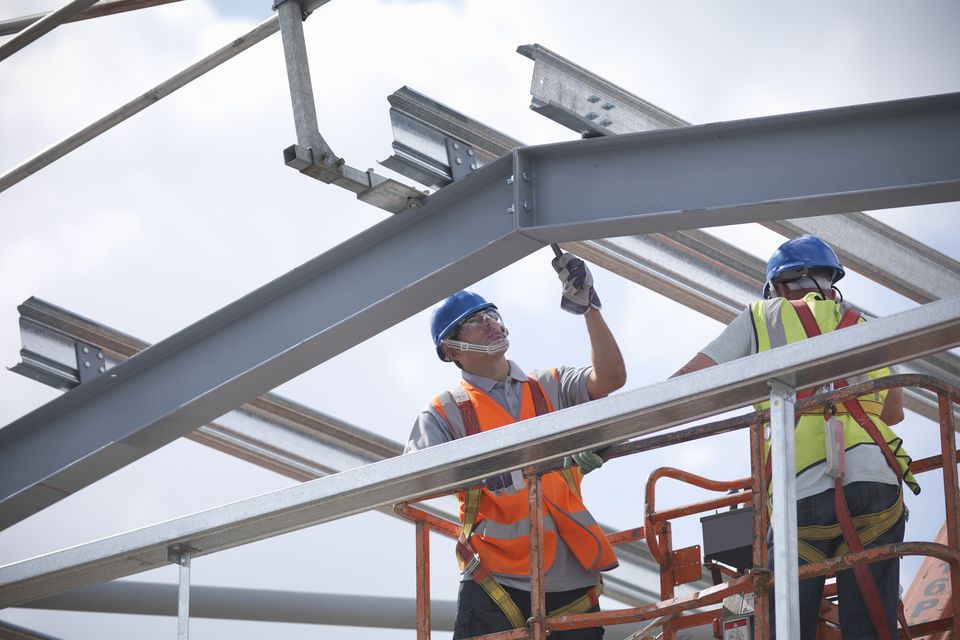Weekly earnings were up 5.6pc from the first quarter of 2024, which would have represented a real gain in income for Irish workers, with inflation hovering at around the 2pc mark.
Average hourly earnings were up by almost 6pc in the same period, increasing to €31.72 compared to the €29.96 recorded in the first quarter of last year.
The higher wage costs reflects the tightness of the labour market, with a scenario of practically full employment. The job vacancy rate at the end of the first quarter this year was 1.3pc, more or less the same as the 1.2pc recorded at both the end of Q1 and the end of Q4 last year.
Today’s News in 90 Seconds – May 27th
The average number of paid hours worked was 32.4 a week, a tiny reduction on the same period last year. The highest averages for hourly labour costs were €63.75 in information and communication, and €55.67 in financial and real estate.
There were 29,700 job vacancies at the end of March, up 2,500 from the end of the first quarter of last year. The Public Administration and Defence sector had the highest job vacancy rate at 4pc, followed by 2.3pc in the Professional, Scientific and Technical Activities sector.
Louise Egan, a statistician in the Earnings Analysis Division of the CSO, said: “Average earnings in the economy continue to increase year-on-year, surpassing €1,000 for the first time in the series. This is driven by a number of factors, including a stable job vacancy rate for the past 18 months, as well as annual employment growth of 3.3pc as reported in the latest CSO Labour Force Survey.”
She pointed out that average weekly earnings rose across 12 out of 13 sectors in the year to the end of the first quarter. The largest annual percentage increase in average weekly earnings was 8pc in the Arts, Entertainment, Recreation & Other Service Activities sector, followed by an increase of 7.9pc in the Professional, Scientific & Technical Activities sector.
The average hourly earnings increase was seen in all 13 economic sectors.
Over the five years from the start of 2020 to this year, average hourly earnings rose by 28.1pc from €24.76 to €31.72, while average paid hours increased slightly from 32.3 to 32.4 hours, showing that hybrid working has cancelled out any ‘quiet quitting’ that followed Covid-19.
Higher labour costs have been one factor contributing to inflation across the eurozone, and it is a metric closely watched by the governing council of the European Central Bank when it decides on monetary policy.
It meets again next month, when a further cut in interest rates is anticipated. Another signal in that direction was the latest statistics on French inflation, which eased again this month. Consumer prices in France in May are 0.6pc higher year-on-year, compared to 0.9pc in April.
source
